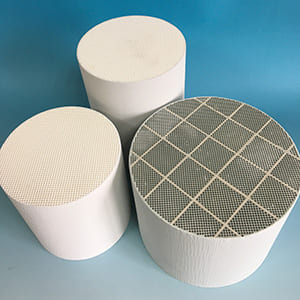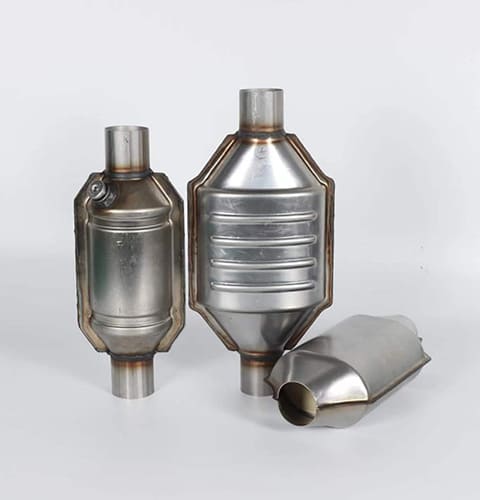In the bustling streets of a major city, car exhaust fumes cloud the view, leaving pedestrians in a haze of pollutants. Amid this, automobile manufacturers face mounting pressure to reduce emissions. But how do they cater to a diverse market with distinct needs? Could customization be the answer they’re seeking?
Customization in the automotive world isn’t just about flashy colors or interior designs. For bulk buyers and manufacturers, it’s increasingly about tailoring catalytic converters – the unsung heroes in the fight against vehicle emissions. These bulk buyers, seeking to maximize efficiency and adaptability, demand more customized options than ever.
The realm of catalytic converters is evolving, and with it, the options available to large-scale purchasers. Dive in, and discover the myriad of customization choices awaiting the modern automotive buyer.
Why is Customization Crucial for Bulk Buyers?
Emission standards: Different regions have diverse emission norms. Adhering to these requires tailored solutions, ensuring every vehicle remains compliant.
Vehicle Specifications: Not every vehicle is built the same. Custom converters can optimize performance based on engine size and type.
Brand Distinctiveness: Offering unique features can set a brand apart. Could a specialized catalytic converter be that unique selling point?
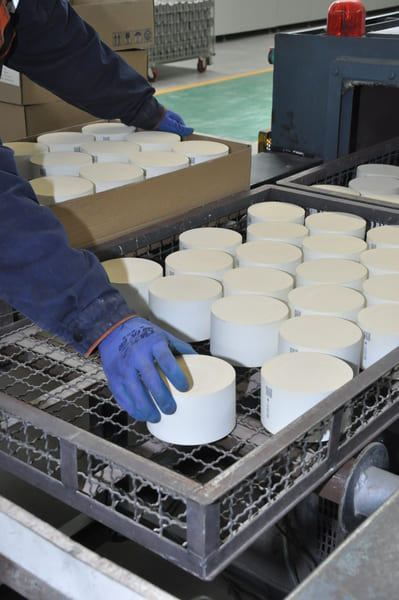
What Are the Primary Customization Options Available?
Material Choices: With research indicating the varied effectiveness of different materials in catalytic converters, buyers can now select from a range of materials tailored for specific emission reductions.
Design and Shape: Depending on the vehicle’s design, converters can be customized in shape to fit seamlessly, ensuring optimal performance.
Flow Rates: Adapting flow rates based on engine specifications can significantly enhance efficiency. This customization ensures that the converter can handle the exhaust volume more effectively.
Coating Options: Some buyers opt for specialized coatings that can either enhance longevity or boost the converter’s efficiency.
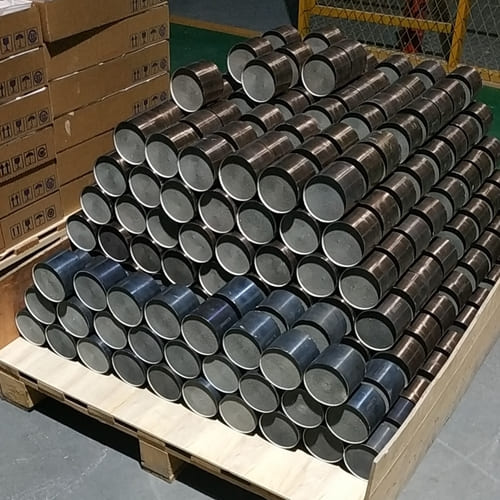
How Do Custom Options Impact Costs?
Bulk purchasing often leads to economies of scale. However, customization can influence costs. Material choices, intricate designs, or additional features can add to the overall price. Yet, for many, the benefits – brand distinction, enhanced performance, and compliance – outweigh the increased costs.
Are There Limitations to Customization?
While customization offers numerous advantages, there are boundaries. Technological constraints, production timelines, and material availability can all play a role in limiting the extent of customization.
What Should Bulk Buyers Consider Before Opting for Customization?
Volume: The number of units required can influence the feasibility of customization.
Purpose: The end-use of the vehicle can dictate the customization required. A luxury car might have different needs than a commercial truck.
Regulations: Always be aware of regional emission norms. Customizing without considering these can lead to non-compliant vehicles.
Supplier Capabilities: Not all suppliers might have the technological prowess or infrastructure to cater to all custom demands. It’s essential to select a supplier that can meet specific customization requirements.
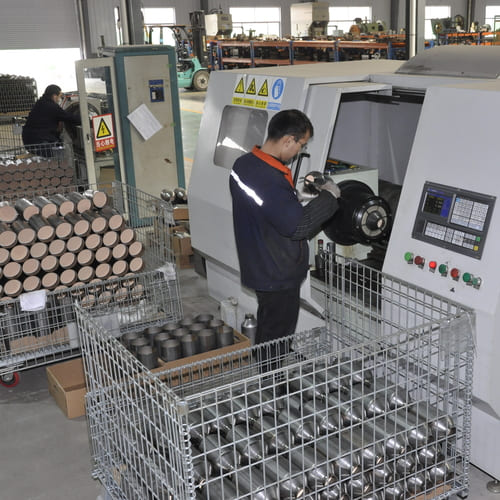
Conclusion
In an era where differentiation is key, customization offers a route for bulk buyers to stand out. From adhering to strict emission norms to ensuring brand uniqueness, the options available for catalytic converter customization are vast and varied. As with any business decision, it requires thorough research, understanding of the market, and collaboration with a capable supplier. However, with the right choices, it can lead to a greener, more efficient, and distinctive fleet of vehicles.

